Postpartum depression (PPD) is a depression that can occur in the weeks or months after childbirth. It is a serious and common condition that affects many new mothers, and it can have a significant impact on their mental health and well-being. PPD is believed to be caused by many physical, emotional, and social factors. It is characterized by feelings of sadness, anxiety, and exhaustion that interfere with daily life and relationships.
It is important to note that postpartum depression is different from the “baby blues,” which is a normal and temporary mood change that many women experience after giving birth. The baby blues usually resolve on their own within a few weeks. Postpartum depression can last for months or longer.
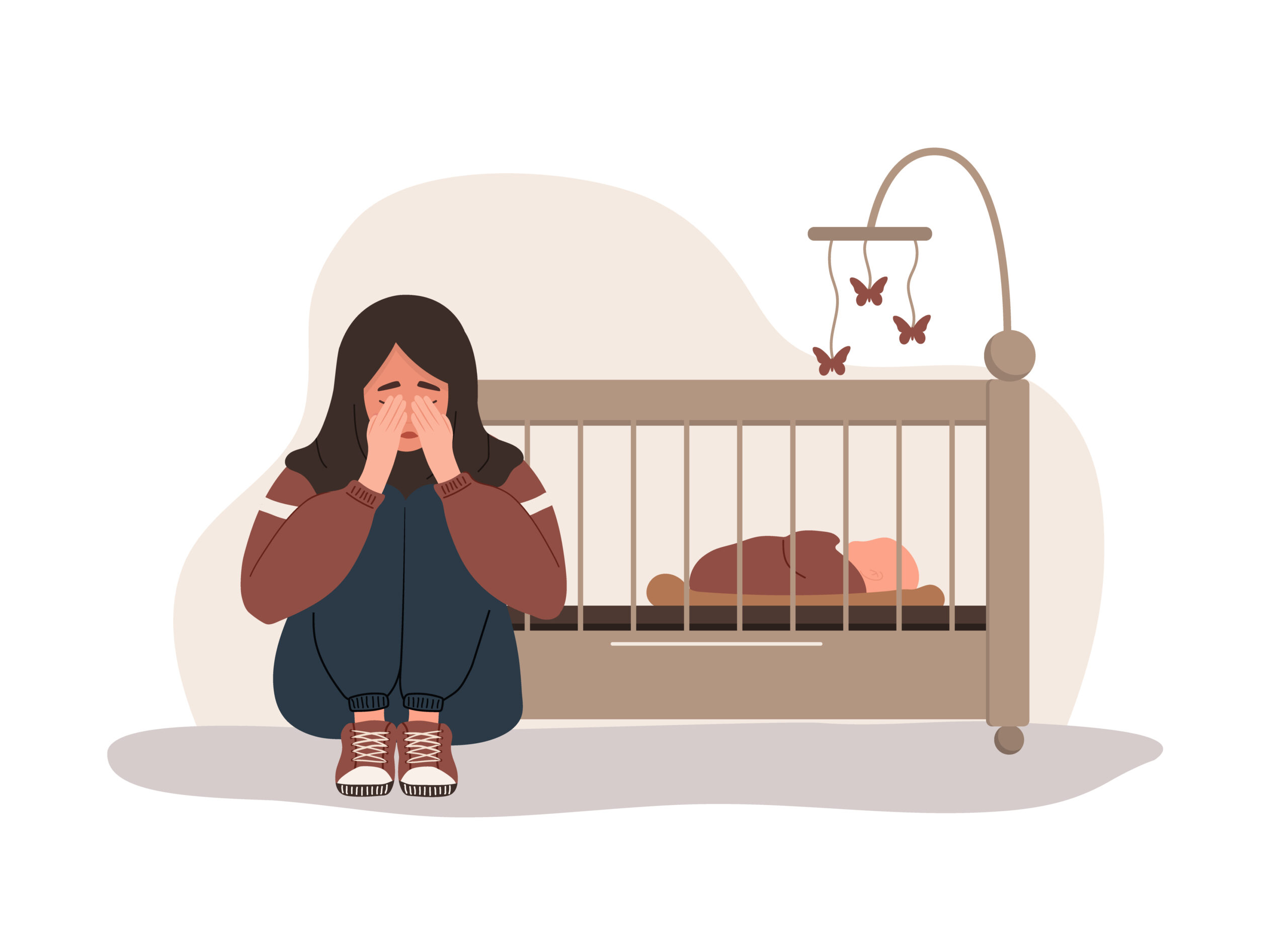
Symptoms of Postpartum Depression
- Persistent feelings of sadness, hopelessness, or worthlessness
- Loss of interest in activities that were previously enjoyable
- Difficulty bonding with the newborn or feeling indifferent towards the baby
- Insomnia or excessive sleeping
- Changes in appetite or weight
- Fatigue or lack of energy
- Difficulty concentrating or making decisions
- Thoughts of self-harm or harm to the baby
- Feeling irritable or moody
Other risk factors for postpartum depression include a history of depression or anxiety, a lack of social support, and a difficult pregnancy or delivery.
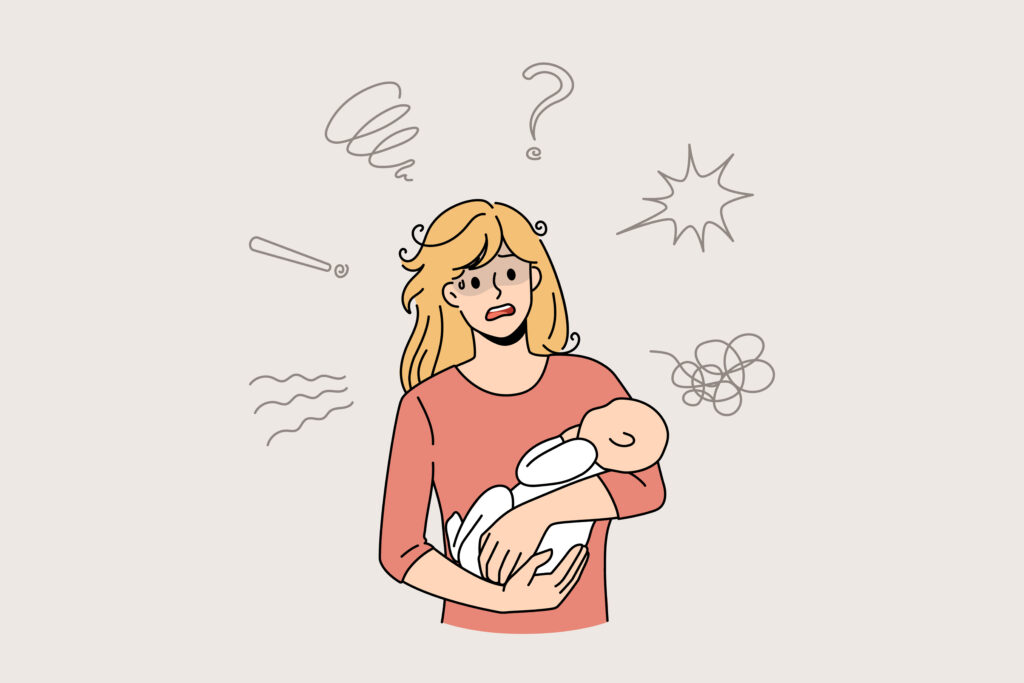
Causes of Postpartum Depression
Postpartum depression’s causes are unknown, but it’s thought to be related to hormonal changes and the stress of adjusting to parenthood.
Some possible causes of PPD include:
- Hormonal changes: The dramatic shifts in hormone levels that occur after childbirth can affect mood and emotional well-being.
- Lack of support: New mothers who do not have a strong support system may be more prone to PPD.
- Stressful life events: PPD is more common in mothers who have experienced a significant stressor, such as a recent move or the loss of a loved one, around the time of childbirth.
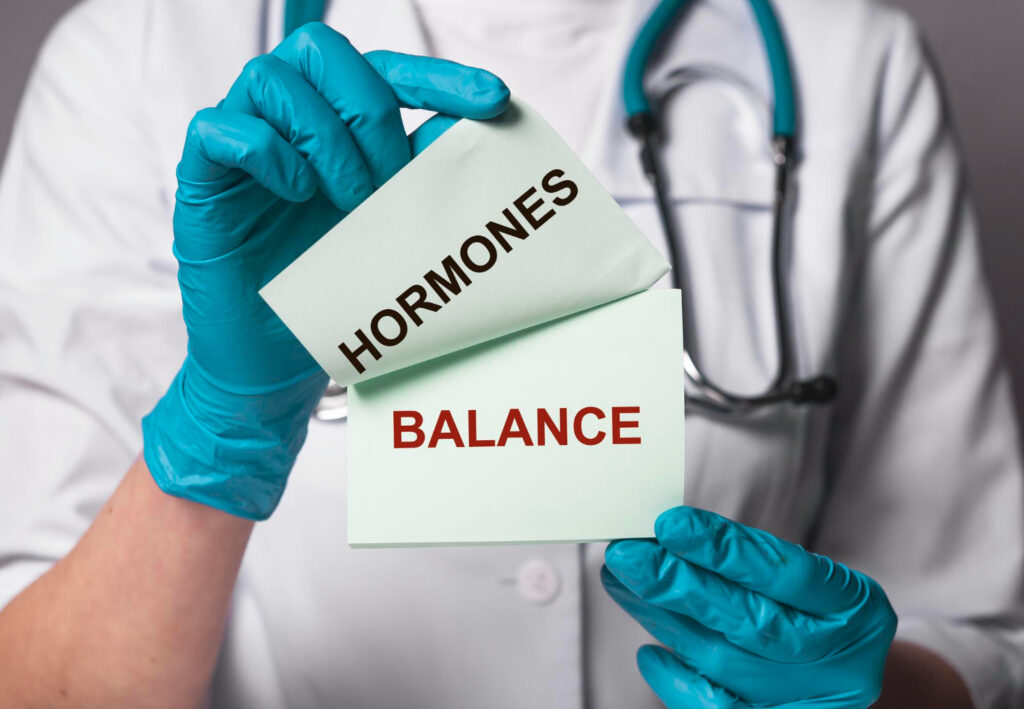
Hormonal Imbalance
After childbirth, there are significant hormonal changes that can affect mood and emotional well-being. During pregnancy, the body produces high amounts of the hormone progesterone. After delivery, progesterone levels drop rapidly. It can contribute to feelings of sadness and irritability. In addition, the hormone oxytocin, which is released during childbirth and breastfeeding, can also affect mood. Oxytocin is often referred to as the “love hormone” because it is involved in bonding and attachment. However, too much or too little oxytocin can contribute to mood changes.
Other hormones that may be involved in PPD include thyroid hormones and cortisol. The thyroid gland produces hormones that regulate metabolism and energy levels. Imbalance of thyroid hormones can lead to changes in mood and energy. The body releases the stress hormone cortisol in response to stress. Chronic high levels of cortisol can contribute to feelings of anxiety and depression.
It is important to note that the hormonal changes that occur after childbirth are normal hence do not necessarily cause PPD. However, they may contribute to the development of PPD in combination with other factors, such as lack of support, stress, or personal or family history of depression.
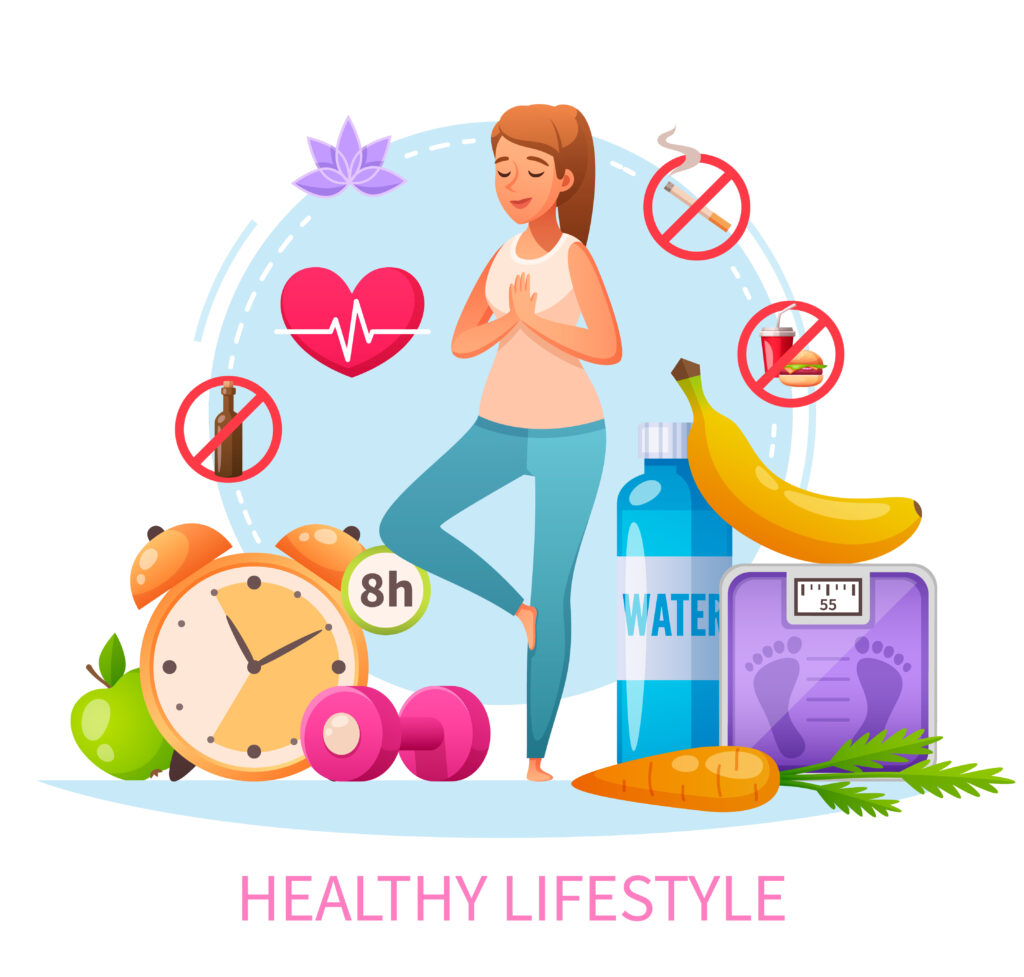
Nutritional Guidelines for Managing PPD
One important aspect of managing PPD is nutrition. Proper nutrition can help to improve mood, energy levels, and overall well-being. There is some evidence to suggest that nutrition and diet may play a role in the treatment of postpartum depression (PPD).
Here are some tips for improving your nutrition and diet as part of your treatment for PPD:
- Eat enough calories: It is important to make sure you are getting enough calories to meet your body’s energy needs. Skipping meals or not eating enough can lead to feelings of low energy and fatigue, which can worsen symptoms of PPD.
- Avoid skipping meals: Try to eat regular meals and snacks throughout the day to help maintain steady blood sugar levels. This can help to prevent dips in energy and mood.
- Stay hydrated: Proper hydration is important for overall health and well-being. Make sure to drink enough water and other fluids throughout the day to stay hydrated.
- Get enough nutrients: Certain nutrients, such as omega-3 fatty acids, folic acid, and iron, have been linked to mental health benefits. Incorporating foods rich in these nutrients into your diet, such as salmon, leafy greens, and fortified grains, may be helpful.
- Limit unhealthy foods: Processed and sugary foods may provide temporary energy and pleasure, but they can also contribute to feelings of depression and anxiety.
- Eat foods rich in B vitamins: B vitamins are important for brain function and mood. Foods that are rich in B vitamins include leafy green vegetables, nuts, seeds, legumes, whole grains, and animal products.
It is important to note that nutrition and diet are just one aspect of treatment for PPD.
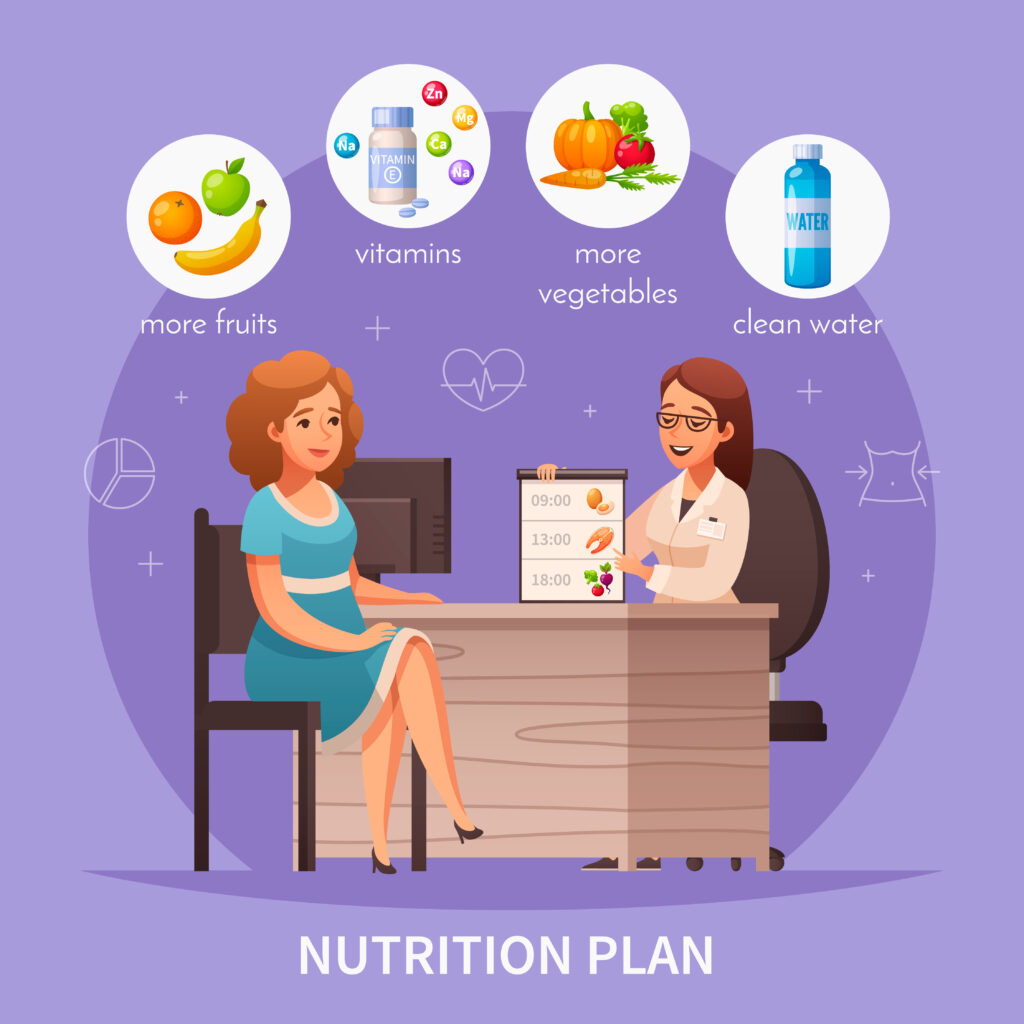
Supplementation
Consider supplements: If you are struggling to get enough of certain nutrients from your diet, you may want to consider taking supplements under the guidance of a healthcare provider.
There are several supplements that have been studied for their potential to help improve symptoms of postpartum depression (PPD).
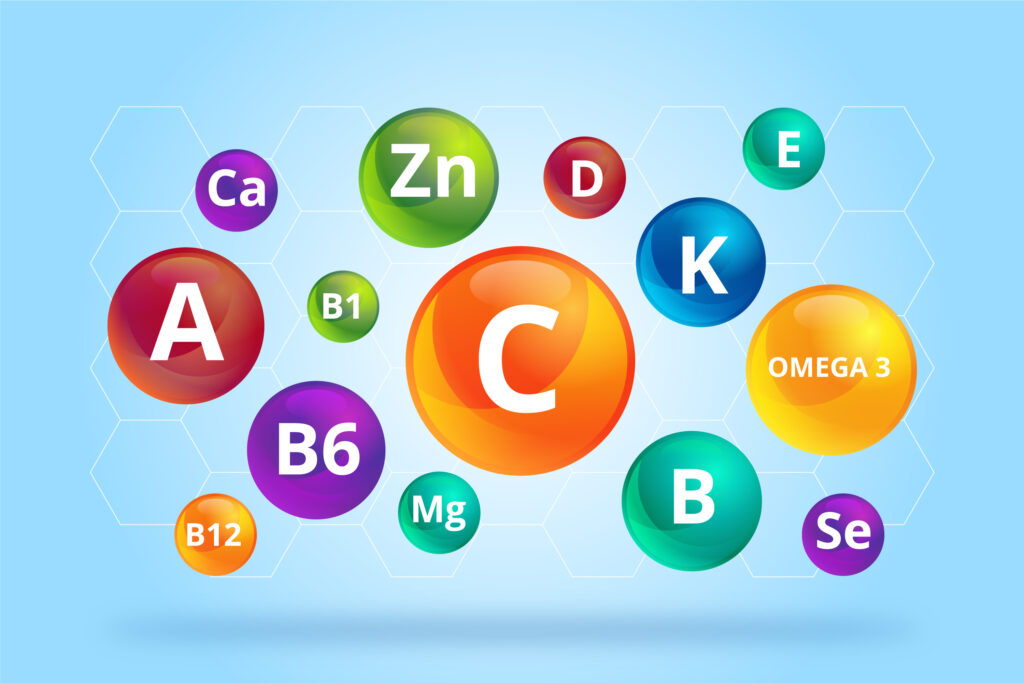
Here are some supplements that have been studied for their potential to help with PPD:
- Omega-3 fatty acids: Omega-3 fatty acids, such as EPA and DHA, are important for brain health and have been shown to improve symptoms of depression. Good sources of omega-3s include fatty fish, nuts, and seeds. Omega-3 supplements, such as fish oil, are also available.
- Folic acid: It is a B vitamin, can improve mood and reduce the risk of depression. Good sources of folic acid include leafy green vegetables, fortified grains, and legumes. Folic acid supplements are also available.
- Iron: Iron is important for carrying oxygen to the body’s cells and may be helpful in reducing fatigue and improving mood. Good sources of iron include red meat, poultry, seafood, beans, and fortified grains. Iron supplements are also available.
- Vitamin D: Vitamin D is important for bone health and may also have a role in mood and mental health. Good sources of vitamin D include sunlight, fatty fish, and fortified foods. Vitamin D supplements are also available.
However, before beginning any supplement, it is crucial to consult with a healthcare provider.
Treatment for PPD
Treatment for PPD may include therapy, medication, or a combination of both. It is important to work with a mental health professional to determine the best course of treatment for you.
Some common therapies for PPD include:
- Cognitive-behavioral therapy (CBT): This type of therapy helps to identify and change negative thought patterns and behaviors.
- Interpersonal therapy (IPT): This type of therapy focuses on relationships and social support systems.
- Supportive therapy: This type of therapy provides a safe and supportive environment for the mother to discuss her feelings and concerns.
Doctors may prescribe selective serotonin reuptake inhibitors (SSRIs) and other antidepressants to treat PPD. It is important to work with a mental health professional to determine the best medication and dosage for you.
It is also important to take care of your physical health such as by getting enough sleep, eating a healthy diet, and finding time to relax and take care of yourself. With the right treatment and support, you can recover from postpartum depression and enjoy the joys of parenting.





One Comment
Very nice and Informative , My wife was suffering from all these issues, We went for consultations, therapy and even started the medication treatment.
But the real benefits without any side effects occured only after lifestyle and dietary change.
Today as a proud parents of 6 year old twins (Rahul and Anshumi) , we are able to enjoy the parenthood just by making some permanent changes in lifestyle and diet.
We have become advocate of Healthy lifestyle and diet.
Kudos for spreading awareness about this